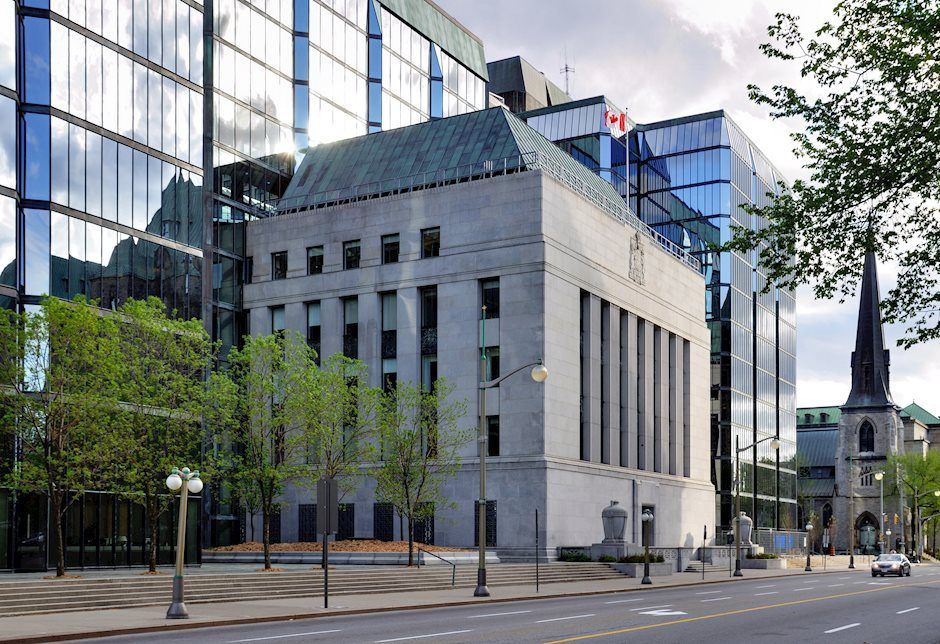What BOC surprise could mean for the Fed

The BOC really shocked markets back on Wednesday when it hiked rates by 25bps. Pretty much everyone was expecting it to be a non-event. Given Canada's unique position, the move impacted how many analysts viewed central banks around the world. The number of traders expecting a "skip" at the next Fed meeting dropped dramatically (though it's still a majority).
What happened?
The BOC was the first G20 country to start pausing rates, all the way back in February. Canada had a spike in inflation like most major world economies, but it was starting to come down at the start of this year. That made Governor Macklem and his Board sufficiently confident to announce that there would be a pause to rate hikes. The bank did make it clear that more rate hikes were still on the table if necessary.
Since then, inflation did come down, in recent months it had started to creep back up. Particularly the core with relation to "second level" effects. That is, when inflation increases, it causes employees to demand higher wages. With relatively low unemployment, businesses are forced to raise wages to retain workers. This is a "secondary" effect of higher prices, and is generally a worrisome trend for central bankers, because it can mean the start of inflation potential spiraling out of control.
The reaction around the world
The BOE has already acknowledged that inflation has spread to secondary effects, and just yesterday the SNB said it had moved to third level effects in Switzerland. That is when prolonged high interest rates start to slow economic growth. All of this leads to the increasing feeling that central banks are running out of time to get inflation under control. Pausing or "skipping" along the way might be counterproductive.
The rise in inflation in Canada made the BOC also the first of the G20 central banks to "restart" rate hikes. The idea is that they let up the pressure on inflation too soon, and as a consequence it started to rise again. This is something that former US Treasury Secretary Larry Summers has warned about the Fed's upcoming meeting. If there is a "skip", he said, then the Fed might have to hike by "double" at the next meeting to keep inflation under wraps.
Pause vs skip
With governments in high levels of debt and economic growth remaining sluggish, central banks are under increasing pressure to ease up on the tightening as soon as possible. The fear among those central bankers is that if they do, they will lose "credibility" in the fight against inflation. Letting up too soon means inflation can come back, and then monetary policy would have to be even more aggressive. The UK stands as a warning, going months with double-digit inflation despite being the first to start hiking. The slow rate of hikes apparently wasn't enough to suppress inflation and turn it around as fast as more aggressive central banks, like the BOC and Fed.
The BOC going from one of the more aggressive central banks to being the first to pause, and then having to restart hiking has left many investors a little concerned. The Fed might err on the side of "caution" and opt to forego the "skip" at the next meeting. It will likely all come down to the CPI data to be released the day before the FOMC meeting.
Author

Jing Ren
Orbex
Jing-Ren has extensive experience in currency and commodities trading. He began his career in metal sales and trading at Societe Generale in London.

















